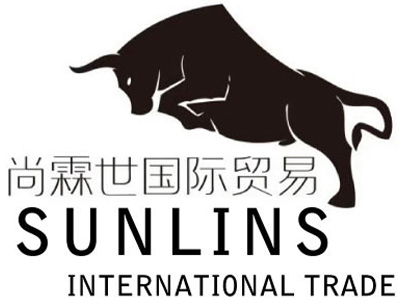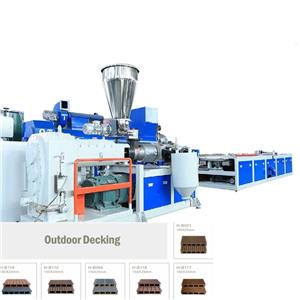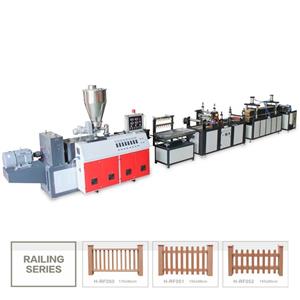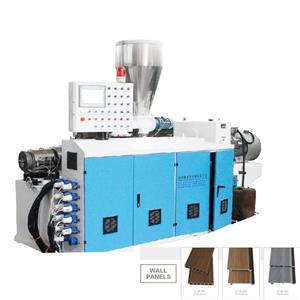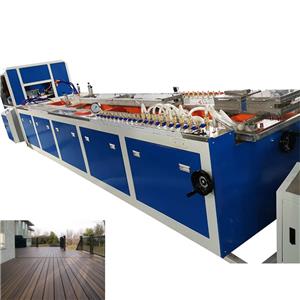The United States builds more than 80 recycling plants for recyclable materials
The 2021 Global "Beverage Container Market" Study provides information on market size, share, trends, growth, cost structure, capacity, revenue and forecast for 2026. It also contains a comprehensive analysis of the beverage container market and all aspects affecting market growth. It is a comprehensive survey of the beverage container industry.And provides data for enterprises to develop strategies to expand market growth and effectiveness.
The beverage container market value is 204.02 billion USD in 2020, and is expected to reach 283.98 billion USD in 2026, with a compound annual growth rate of 5.08% during the forecast period.
Key market trends
(a) Plastic packaging occupies an important market share
Recyclability and the ability to be moulded into different shapes make plastic an attractive option, while also enabling beverage companies to increase convenience (light weight), with many beverage companies launching environmental initiatives that will meet the demand for PET containers within the next four years.
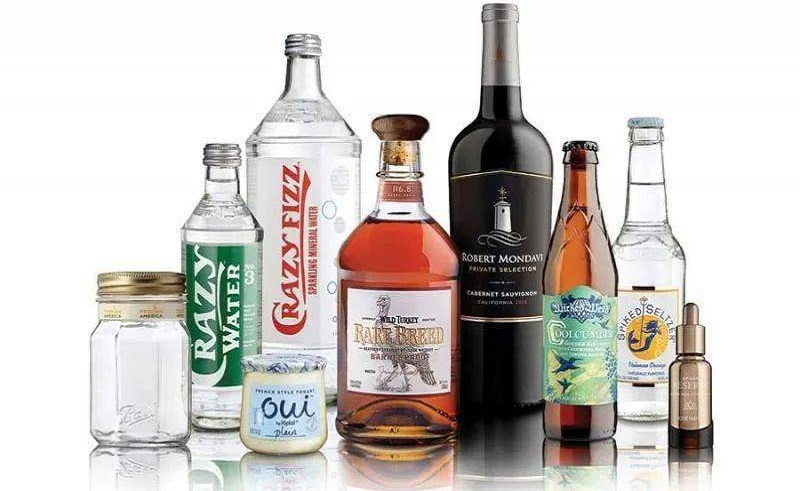
Consumers' growing preference for recyclable plastic bottles is also prompting suppliers to launch new products.In October 2019, for example, Coca-Cola launched a new plastic bottle made from Marine plastic, using about 300 sample bottles made from Marine plastic recycled from the Mediterranean and beaches.
The food and beverage industry is one of the largest consumer markets for plastics.In the beverage industry, the adoption of recyclable PET has seen a huge growth trend due to the sustainable packaging policies of us beverage industries such as Coca-Cola and PepsiCo.For example, Nestle launched its first 100 percent recycled PET bottles in 2018 and plans to use 25 percent recycled PET bottles by 2021 and 50 percent recycled PET bottles by 2025.In addition, Danone group promises.Its Evian brand water bottles will reach 100% recycled PET by 2025.
Apart from carbonated drinks and fruit juices, plastic remains the most preferred container type for packaged water. Nestle, a well-known company in the packaged water industry, recently committed to increasing the use of recycled plastic in Europe by 2025, including 25% recycled PET bottles in bottles.
The growth of the PET bottled water market has been helped by developing economies such as China, India and Brazil, while adoption has also increased, with the exception of dominant regions such as the US and UK.
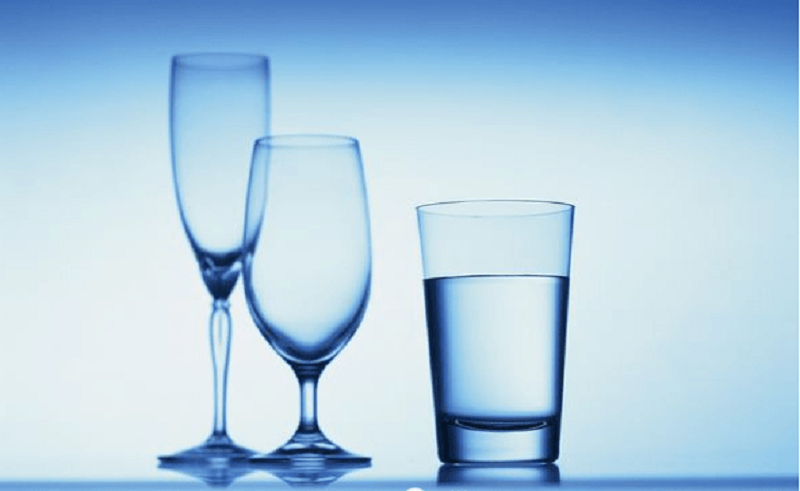
(b) North America will hold the largest market share
Packaging plays an important role in a wide range of beverage consumption worldwide, and strong demand for sustainable and easy-to-use packaging solutions will drive demand for beverage containers in North America.The North American beverage industry is expected to grow 4.5 percent between 2018 and 2028, according to the Institute of Packaging and Processing Technology (PMMI) 2018 Beverage Report.
In addition, many companies are adopting innovative beverage packaging solutions to provide shelf appeal and differentiation.
A practical package and label highlight the uniqueness of the product and show that their products are different from others.For example, in 2019, Australia-based A2 Milk company expanded its operations in the United States to offer 2 milk cartons that use color graphics to distinguish milk varieties, as well as graphics on the packaging that describe the a2 milk differences.
In addition, the state of California lists some regulations that manufacturers of plastic containers must comply with.Manufacturers must comply with at least one of the following: containers must be made from at least 25% recycled materials, reusable, with a recovery rate of at least 45%, and contain plant preservatives that can be used later.
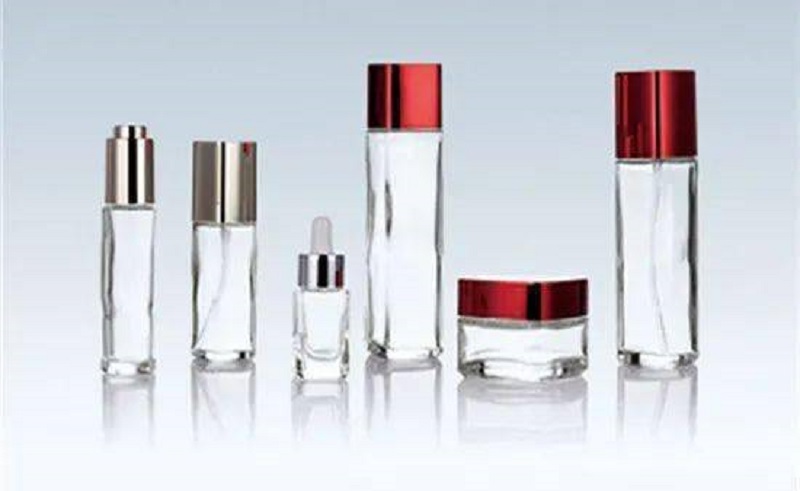
In the past few years, the United States has emphasized recycling glass bottles.According to the American Glass Packaging Association, more than 3.35 million tons of glass bottles are used in the country each year, and glass containers accounted for more than 35 percent of that figure in 2018. Under this approach, more than 80 recycling plants have been built in the United States for all recyclable materials.
With the growing demand for glass bottles and containers in the United States, overseas companies are looking to seize opportunities to expand their operations in the United States.For example, in August 2019, Japan's Arglass Yamamura announced an investment of more than $123 million to build a manufacturing facility in South Georgia. As this strategic move moves forward, the company plans to use its latest glass forming technology.
